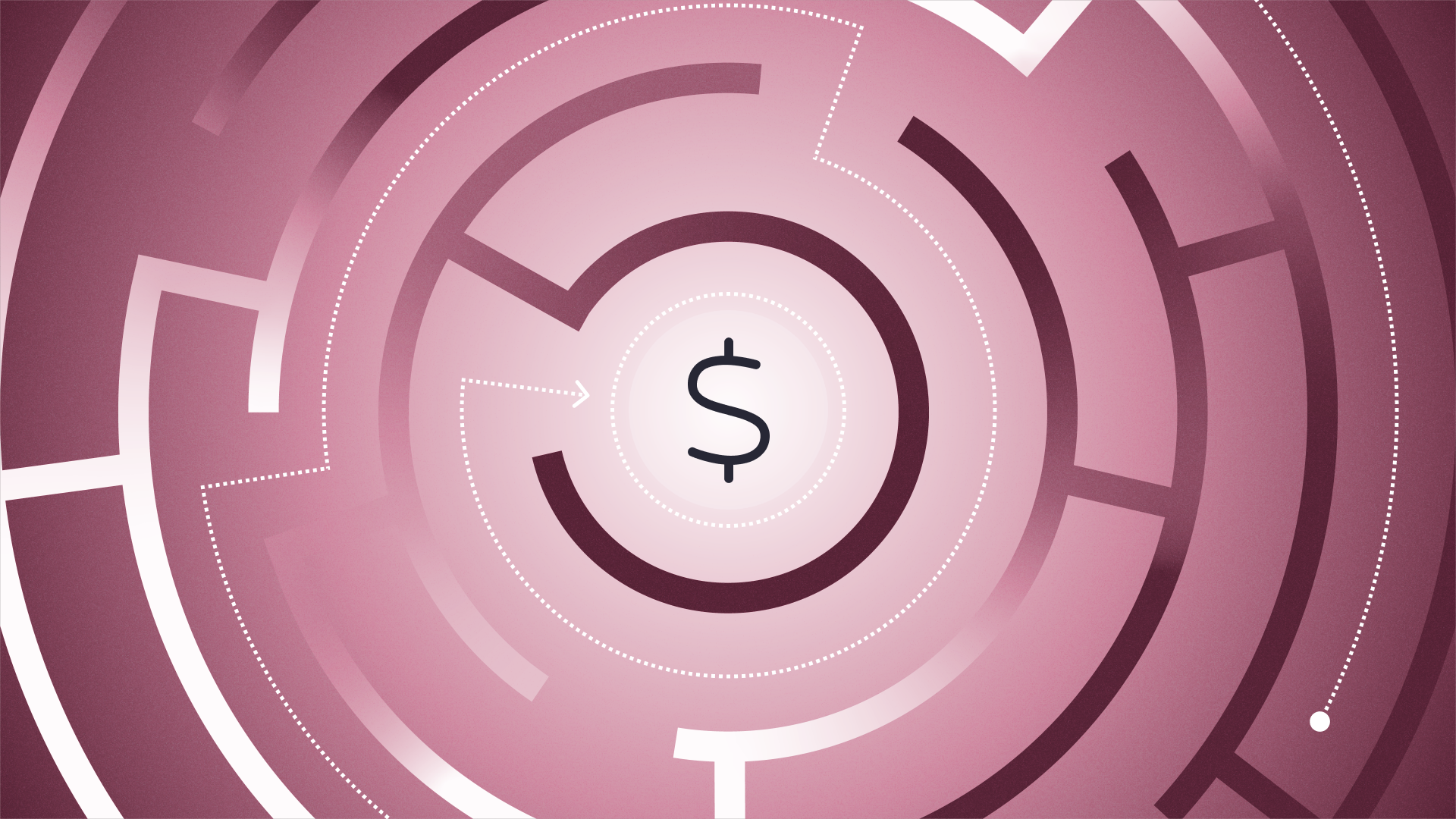What are the benefits of a business bank account?

Most founders choose to open a separate business bank account — and for good reason. Opening a business bank account comes with myriad benefits, ranging from clear demarcations between personal and business finance to business-specific features that help startups preserve their capital and boost their runway.
On a basic level, business bank accounts aren’t too different from personal bank accounts. Both allow you to make deposits and withdrawals, transfer money, and make purchases. Additionally, both are FDIC-insured. That said, what distinguishes a business bank account from a personal bank account is significant enough to make a real difference in your startup’s cash management strategy and long-term success. So, what are the specific benefits of opening a business bank account? We dig into some of the most significant ones below.
Separates personal and business finances
Some things in life aren’t meant to be mixed — and most of the time, personal and business finances fall squarely into that category. Initially, it may seem simpler to keep all business funds in your personal account, but as your company grows, a murky separation between personal and business finances will prove frustrating — if not debilitating. Above all else, combining personal and business expenses makes it difficult to keep track of your company’s cash flow. With a separate business account, it’s much easier to know exactly how much money you have, monitor inflows and outflows, assess your business’s financial standing, avoid financial pitfalls, and stick to a long-term operating strategy.
Maintains separation for legal liability
You may have formed an LLC or corporation to limit your personal liability within your business. Normally, this creates a legal separation between a business and its owners. Your personal assets (like your house, car, and personal bank account) are protected if your business runs into legal or financial trouble.
However, there is a legal concept of “piercing the corporate veil.” If you don’t keep your business and personal finances separate, or you misuse business funds for personal expenses, a court can decide to ignore the legal separation. This would allow creditors or plaintiffs to go after your personal assets.
Allows for easier tax prep
Another reason personal and business expenses are best kept separate: taxes. In fact, the IRS recommends that all business owners — no matter the size of their business — open separate business bank accounts in order to simplify quarterly tax payments. With a business bank account, there’s no need to distinguish between business and personal expenses, making it easy for you — or an accountant — to file your tax returns.
Automates your bookkeeping
A separate business bank account is indispensable when it comes to keeping track of daily transactions and calculating your cash flow, but software integrations (like Quickbooks and Xero) take even more off your plate by actually automating your bookkeeping.
Syncing your business bank account with bookkeeping software streamlines everything from accounting and budgeting to invoicing and bill paying.
Taking these actions is in service of giving you more time back so that you can focus less on the nitty gritty details of accounting and bookkeeping and more on building your startup.
Increases your operational capacity
Personal bank accounts often have limitations on transaction volume — both the number of transactions and the dollar amount. You don’t want to be in a situation where you can’t operate your business as needed because of limits on your bank account.
Business bank accounts also typically have multi-user access. This allows you to give access to other people, such as a bookkeeper or accountant. You can generally set different security access for individuals, such as their ability to initiate transactions, download statements, or make other changes.
Makes it easier to access business loans and credit
Having a separate business bank account makes it easier to apply for a line of credit or a business credit card — not only opening up doors when it comes to scaling your startup but also allowing you to establish business credit. Taking it one step further, let’s say you have already established business credit and want to apply for a business loan or venture debt — in which case you’d need access to your business’s financial statements and income tax returns. With a business bank account, it’s easy to access this information and bypass the headache of separating out personal expenses as you dig through records to get the information you need quickly.
Comes with valuable features & perks designed for businesses
Signup bonuses, software integrations, access to increased capital, free wire transfers, credit cards with competitive cashback — business bank accounts come equipped with a range of features, tools, and perks just like these, all of which are specifically designed for growing companies. Of course, it’s up to you to take advantage of these benefits — and likewise, to do your due diligence in selecting the right business bank account for your unique needs.
A business bank account also supports business growth. It’s the foundation for complexity, such as spend policies, virtual cards, and employee reimbursements. Whether your bank provides some of these features within your business bank account or you connect to an external tool, your business bank account should make your business growth easier.
Boosts your credibility
It may seem superficial, but a business bank account makes your company look good. In fact, investors and clients may doubt your credibility if they see you’re operating out of a personal bank account. If the goal is to inspire confidence in everyone who interacts with your startup, opening a business bank account is an easy first step. It also makes things move a lot faster when it comes to things like fundraising, where you'll want an account that makes it quick and easy to receive wires.
Conclusion
Understanding the benefits of opening a dedicated bank account for your business is just the beginning. The next step is taking a close look at your options and strategically selecting the best bank account for your business. There are plenty of factors that come into play, from ease of use and digital-first features, to user permissions and security. Taking stock of what matters most to your company and how a particular banking partner measures up will be the key to getting things off on the right foot and setting your startup up for success.
Curious about how Mercury stacks up and serves startups like yours? Learn more about how it works and take our Mercury demo for a spin to experience the product for yourself.
FAQs
Do I need a business bank account for a sole proprietorship/as a freelancer?
You’re not legally required to have a business bank account as a sole proprietor or a freelancer. However, a separate account keeps your finances organized and makes your taxes easier.
What features should I look for in a business bank account?
You should look for low or no fees, integrations with your accounting software, and flexible payments like ACH, wire transfers, and bill pay.
Do I need a business license to open a business bank account?
Freelancers or sole proprietors don’t need a formal business license to open an account, but banks will ask for information like your SSN or EIN and your DBA if you use a trade name. LLCs and corporations usually need formation paperwork and EIN.
How do I choose between a traditional bank and a fintech for my business account?
Traditional banks are better if you want in-person service or need to deposit cash. Fintechs are typically better for low fees, digital-first features, and faster account setup.
Related reads

The founder-led sales blueprint before making your first sales hire

When founders stop paying themselves (and why it’s usually a bad sign)

The ultimate financial stack for SaaS startups
